Centre for Interdisciplinary Holocaust and Genocide Studies
Centre for Interdisciplinary Holocaust and Genocide Studies
Upcoming events
Wednesday 12 November, 14.35-15.25, in Amory B310
Larysa Zasiekina
‘A Necessary Shadow of Generational Trauma: From Revealing to Healing’
This presentation will focus on a current project examining the intergenerational transmission of genocidal trauma from clinical, psychological, and social perspectives. It will also consider current war-related traumatic stress as a potential trigger for earlier collective traumas in Ukraine’s history.
Tuesday 18 November, 11.35-13.00, in Building One: Kolade Teaching Room
‘Gaza and Genocide Studies: Multidisciplinary Perspectives’
Panel: William Gallois, Annika Jones, Nigel Pleasants, David Tollerton
This panel will address intersections between genocide studies and events in Gaza and Israel since October 2023. The discussion will draw on varied disciplinary perspectives, including law, philosophy, and memory studies.
Tuesday 2 December, 15.35-17.00, in Peter Chalk 2.3
Sarah Newman
‘An Introduction to My Thesis: A Historical Sociolinguistic Study of Multilingualism in Holocaust Letters and Diaries’
Anna Brady
‘Distorted Discontent: Beau-Bassin Camp in British Wartime Diplomacy’
This double session features presentations of new research from two postgraduates working in genocide studies. Sarah Newman has recently started her SWWDTP-funded project with supervisors based at Exeter and Bristol. Anna Brady is also funded by the SWWDTP, with her doctoral project based at the University of Bristol.
Past events
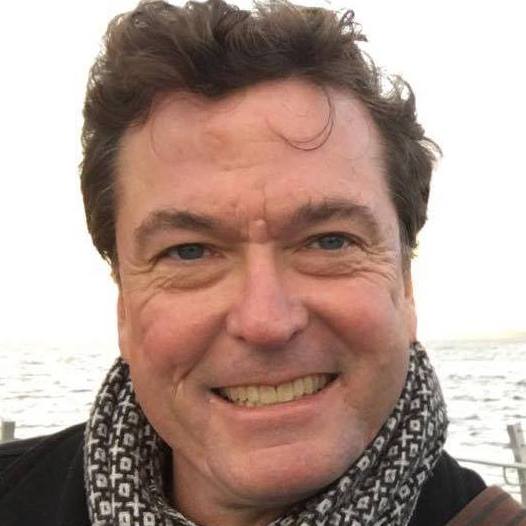
Professor Adam Jones (University of British Columbia) visiting lectures
Tuesday 18 February 2025, ‘Evoking Genocide in Photography’.
Thursday 20 February 2025, ‘Destitucide and Structural Violence’.
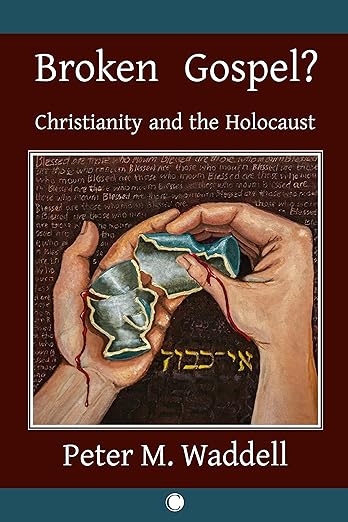
Peter Waddell (University of Winchester) ‘Broken Gospel? Christianity and the Holocaust’, with responses from Chris Southgate and David Tollerton
Wednesday 12 February 2025
This session focused on Peter Waddell’s recent book Broken Gospel? Christianity and the Holocaust, exploring the main themes of the publication, with input from the author and responses from David Tollerton and Chris Southgate
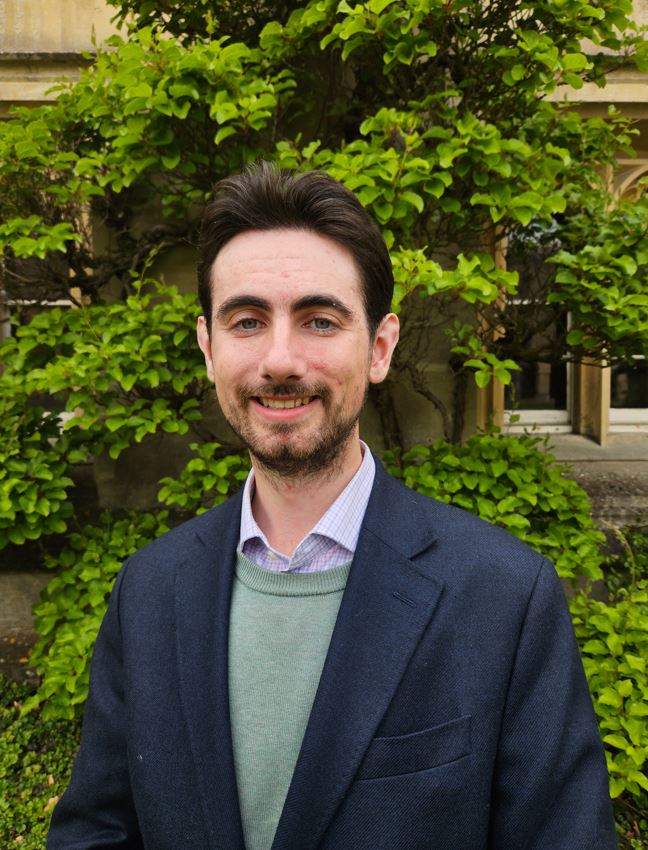
Barnabas Balint (USHMM), ‘Writing a History of Animals During the Holocaust’
Tuesday 21 January 2025
Animals are hardly ever the focus of Holocaust history, but they do appear throughout its sources. This paper charts where and how animals can be found in archives and suggests an analytical approach for incorporating animals into a history of the Holocaust. It argues that animals hold multiple positions in the history of the Holocaust, as tools of persecution, elements of the human experience, and points of memory. Although animals have not been viewed as a category of analysis for the Holocaust before, recent trends in Holocaust studies have developed the idea of an environmental history, paying close attention to nature and the relationship between humans and their environment. This paper reveals how animals are a part of this environment, too. However, the strong emotional connection between humans and animals (such as their pets), as well as the ways animals were often also weaponised by perpetrators highlights certain specificities in the case of animals. By identifying and exploring the sources that reveal the positions animals held during the Holocaust, this paper develops a methodological approach to finding animals in the archives and acknowledging their contribution to history. It identifies some of the key themes that emerge from animal focused histories of the Holocaust and suggests further avenues for research in this area.
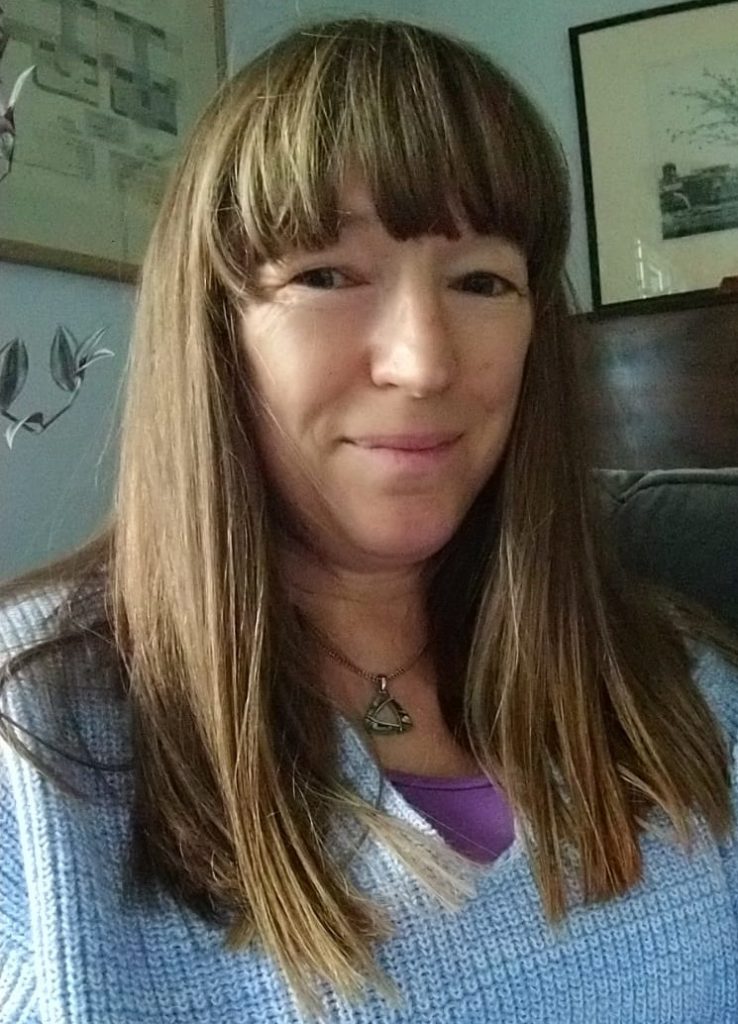
Chloe Paver: ‘The European Capital of Culture as a Frame for Holocaust Memory’. Tuesday 3 December 2024 16.00-17.00, Queens 1E.
This short paper comes out of a wider project that uses ‘Europe’, in its various meanings, as a frame for understanding those German and Austrian history museums whose focus is National Socialism and the Holocaust. In various ways, Europe is a frame that sits askew of the topic and Europe is in any case being progressively decentred by the processes of globalization. Yet the European Capital of Culture is one event where Holocaust memory is facilitated within a squarely European (that is, EU) funding frame. Beyond noting the simple if remarkable fact that German and Austrian organizers of the European Capital of Culture nearly always include Holocaust commemoration in their programme, the paper seeks advice on whether the European Capital of Culture – which is generally studied by cultural geographers with the aim of measuring impacts – works as a tool for analysis. Is it legitimate and useful to use the European Capital of Culture as a way of gauging German and Austrian attitudes towards the Holocaust and the wider Nazi past?
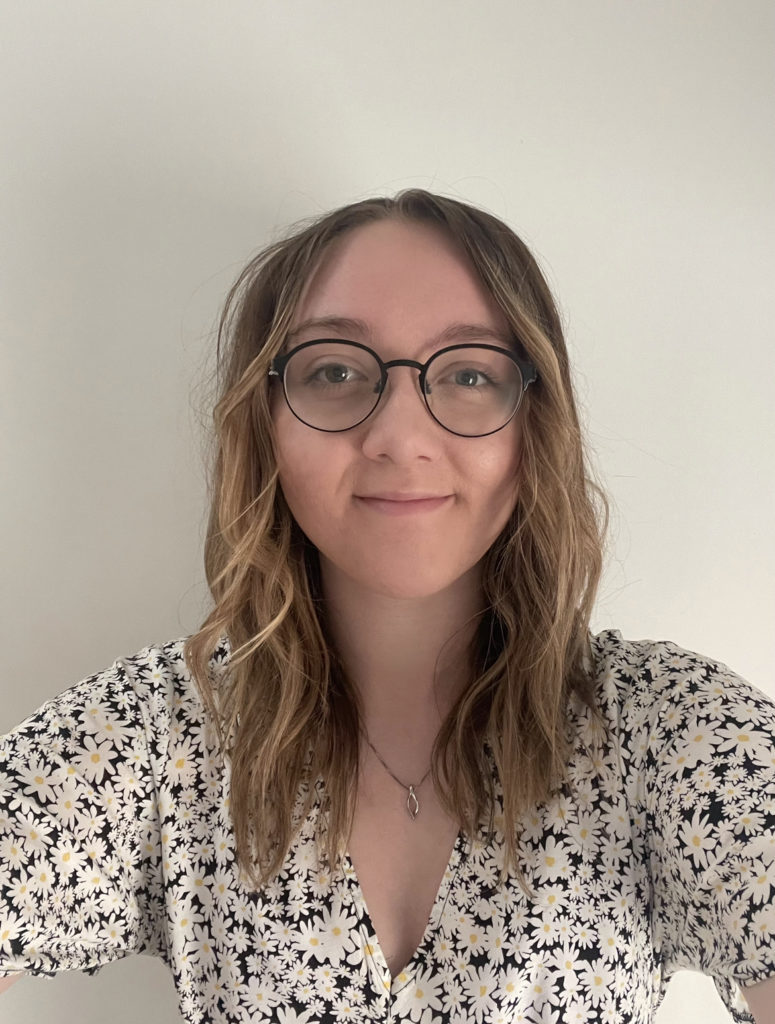
Leah Lawford: ‘Digital Testimonies and the Uncanny: Exploring Holocaust Holograms and the Uncanny Valley’.
Tuesday 19 November 2024 16.00-17.00, Queens 1E.
In recent years, advances in technology have transformed the way in which we preserve and communicate historical memory. One such innovation is the use of holograms to digitally preserve the testimonies of Holocaust survivors. These holograms, capable of interacting with audiences through pre-recorded questions, are intended to serve as a powerful tool for ensuring that future generations can engage with survivors and their stories long after they are gone. However, with technology advancing and holograms becoming more realistic, there are unavoidable uncertainties that raise important emotional and ethical questions. In particular, Masahiro Mori’s ‘uncanny valley’ theory is of relevance here. Mori, a robotics professor writing in the 1970s, hypothesised that when human-like robots or replicas approach a near-perfect resemblance to real humans but still display subtle imperfections, they evoke a sense of unease or discomfort to the viewer. This phenomenon, termed ‘the uncanny valley’, has, and will continue to become significant in the context of Holocaust survivor holograms, where the authenticity and the emotional connection between the speaker and its audience are crucial. In this exploratory paper I explore the intersection between Holocaust survivor holograms and the uncanny valley, discussing how digital representations can impact empathic response and, thus, whether the use of such technology risks undermining the very testimonies it seeks to preserve.
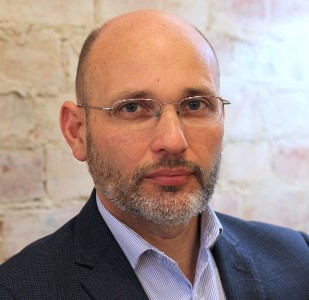
Dr James Smith Public Lecture at Exeter Guildhall
“Holocaust Memory, Rwanda, and Genocide Prevention Today”
6pm on Thursday 4 July 2024
Details of James Smith’s career and the genocide-prevention charity Aegis Trust are available here.

British and Irish Association for Holocaust Studies Conference
4-5 July 2024, University of Exeter
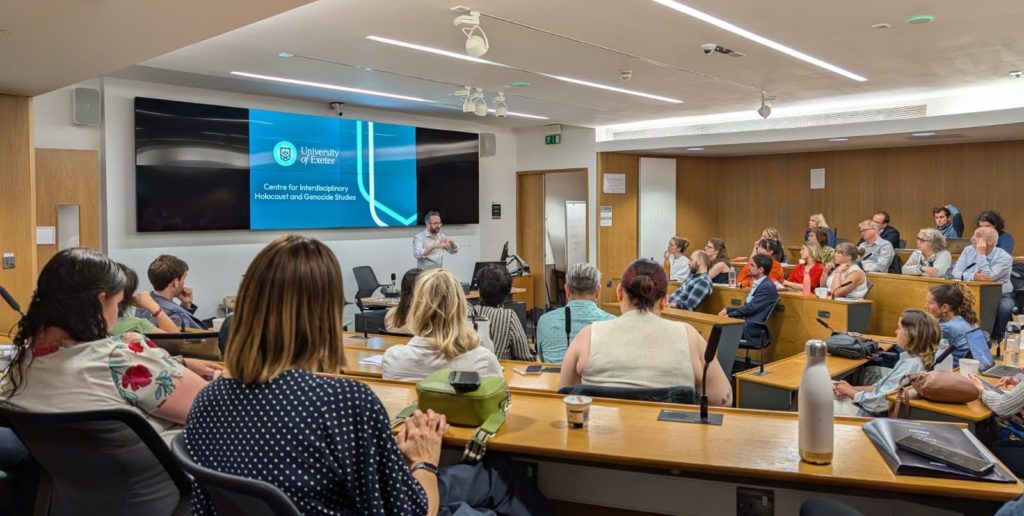
CIHGS centre launch!
4 July 2024
With generous support from the Network for Justice and Violence Studies, the Centre for Interdisciplinary Holocaust and Genocide Studies launch event featured input from centre director Professor David Tollerton, Deputy Pro-Vice-Chancellor Professor Adam Watt, JVS network director Dr Arely Cruz-Santiago, and co-director of the Centre for Histories of Violence and Conflict Dr Gemma Clark.